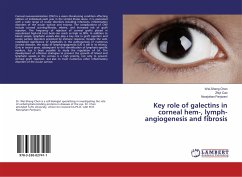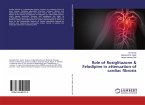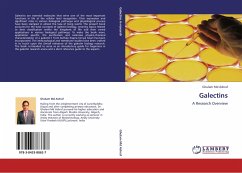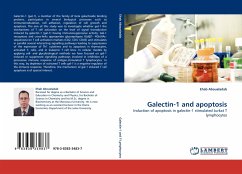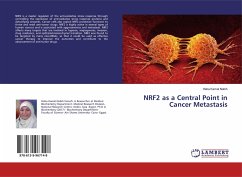Corneal neovascularization (CNV) is a vision-threatening condition affecting millions of individuals each year in the United States alone. It is associated with a wide range of ocular disorders including infections, inflammatory disorders of the ocular surface and trauma. The complications of CNV include corneal scarring/fibrosis, edema, and increased risk of graft rejection. The frequency of rejection of corneal grafts placed in vascularized high-risk host beds can reach as high as 90%. In addition to blood vessels, lymphatic vessels also play a key role in graft rejection and ocular surface disorders provoked by immune response. Despite the well-established significance of lymphatics in the pathogenesis of numerous corneal diseases, the study of lymphangiogenesis (LA) is still in its infancy. Only in recent years, subsequent to the identification of lymphatic-specific markers, has it been possible to study the regulation of LA. The development of effective strategies to preventthe growth of blood and lymphatic vessels in the cornea is a high priority, not only to prevent corneal graft rejection, but also to treat numerous other inflammatory disorders of the ocular surface.
Bitte wählen Sie Ihr Anliegen aus.
Rechnungen
Retourenschein anfordern
Bestellstatus
Storno

